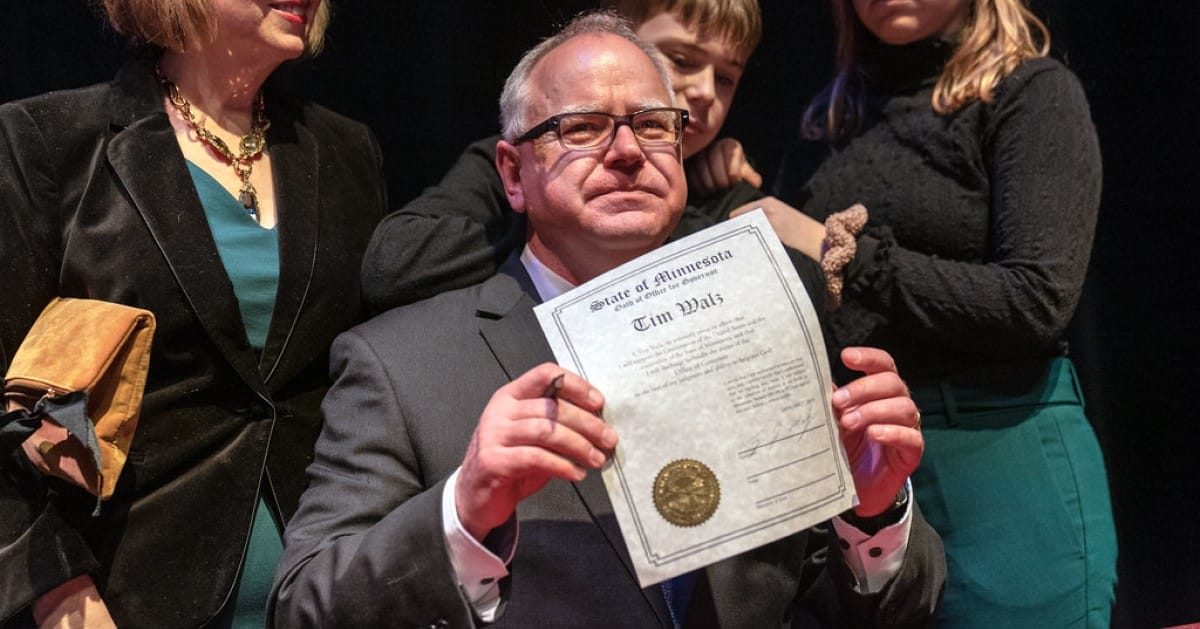








In a significant legal ruling, the Idaho Supreme Court has dismissed a lawsuit targeting an initiative that would radically change the state's voting system.
AP News reported that the court clarified that the complaint regarding the introduction of open primaries and ranked-choice voting should be initially addressed in a lower court.
In recent developments, Idaho Attorney General Raúl Labrador filed a suit challenging an ambitious electoral reform initiative.
Labrador’s legal challenge was directed against the proposed changes to Idaho's primary elections and the implementation of ranked-choice voting, which he argued was misleadingly promoted and unconstitutional.
His lawsuit was officially lodged last month. The Attorney General contested the use of the term "open primaries," which he claimed misrepresents the proposed system's true nature as a "top-four primary" method. This contention centered on the semantics and potential voter misunderstanding through the campaign's literature.
Labrador also argued that the initiative bypassed legal standards by incorporating more than one fundamental change in a single measure, violating the stipulations of the Idaho Constitution regarding ballot initiatives.
Idaho’s existing primary system, distinctly partisan, allows only registered Republicans to participate in their party’s primary election. Conversely, Democrats allow voting by unaffiliated voters as well as registered Democrats. This has bred a system where party alignment strongly influences voter participation.
The proposed initiative seeks to overhaul this structure by establishing a system where candidates from all affiliations would appear together on a single primary ballot. The four most popular candidates would then advance to the general election.
The initiative proposes introducing a ranked-choice method in the ensuing general elections. In such a setup, voters rank candidates by preference. Ballots are counted in multiple rounds, eliminating the least popular candidates in each round, until a candidate gathers the majority support.
This method is designed to ensure that the elected official reflects a more comprehensive approval among the electorate, potentially reducing extreme partisan representation.
The rejection from the Idaho Supreme Court to delve into the merits of Labrador’s lawsuit fundamentally shifts the legal battle to the state's lower courts. This initial ruling did not address the substantive legality of the ballot initiative itself but instead focused on procedural grounds—emphasizing the necessity for the suit to originate in a lower court.
The court's directive to Labrador suggests a procedural misstep that could elongate the litigation process, potentially affecting the initiative's progress as it aims for inclusion on upcoming ballots.
A deeper look at the implications of the proposed system reveals a significant shift from Idaho’s traditional voting norms, which strictly segregate participant eligibility based on party registrations.
The "top-four primary" system, as contested by Attorney General Labrador, intends to democratize the primary election process by allowing a broader base of the electorate to choose from all available candidates, thereby diluting the polarization perpetuated by closed primaries.
To summarize, the Idaho Supreme Court has dismissed Attorney General Raúl Labrador's lawsuit against the proposed ballot initiative for open primaries and ranked-choice voting, citing procedural concerns.
The initiative aims to allow all candidates to compete on a single ballot, regardless of party affiliation, with the top four proceeding to a ranked-choice general election.
This suit's dismissal mandates a refiling in lower courts, prolonging the legal discourse surrounding this significant shift in Idaho's electoral process.



